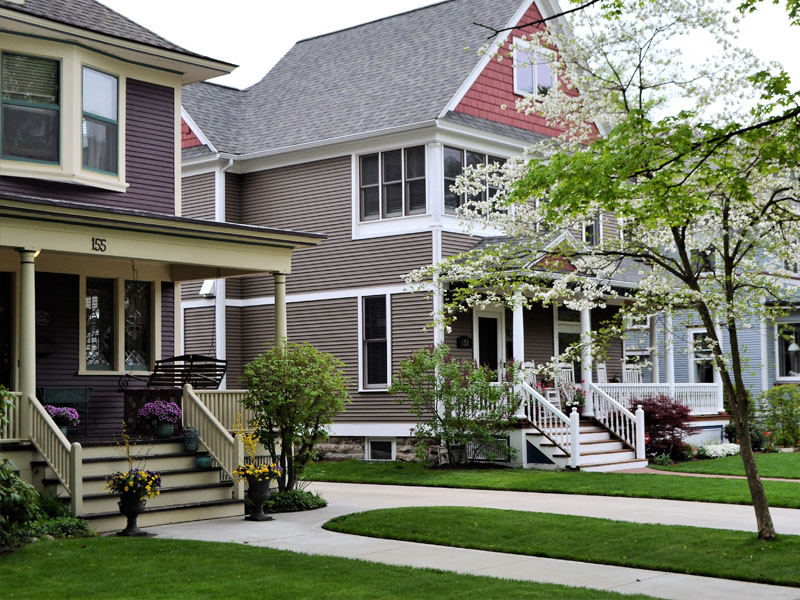Advantages Of A Closed Mortgage
An open mortgage is the opposite of a closed mortgage in that it gives you the flexibility to pay off your mortgage completely before the end of the term, make lump sum payments, renegotiate terms or refinance the mortgage without incurring penalties.
In contrast to a closed mortgage, there are no restrictions on when you can pay your monthly installments or how much you must pay in addition to your regular installments. Open mortgages allow you to increase your monthly payments when your income increases, making it easier to pay off the principal balance and save money on interest.
If you come into a lump sum of money through investments or inheritance, you can use the funds to pay your mortgage in full without penalty and save thousands on the interest.



